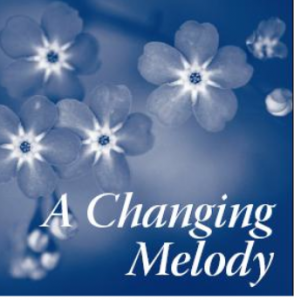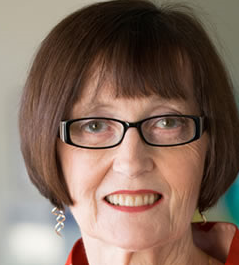“I’m 62. I was diagnosed at 46. You do the math” Christine Bryden, Person with Dementia
16 years of living with Alzheimer’s and Christine Bryden’s making the audience of 300 laugh and cry at A Changing Melody: A learning and sharing forum for persons with Early Stage Dementia and their partners in care.
No surprise that Alzheimer’s is the second most feared disease (Cancer being #1). What I learned from the Forum helped put that fear into more practical perspective.
On overcoming fear and stigma:
- Fear of what others may think often prevents getting diagnosis. Get in early and get help early!
- Your life has meaning. Focus on relationships based on love and connectedness. Don’t let fear mask your worth.
- Reach out over the barrier of stigma to help overcome fears. (author’s note: doesn’t that apply to many health issues?)
- (An example from an audience member) “I talk to people in airplanes about having dementia. At first, they simply don’t believe it.” (love it: educating a captive audience)
From Mary McKinley, Canada (who organizes social events at retirement home, she uses an online journal set up by her son.)
“Feeling is, we with dementia have no insight. That is so wrong! I have to use drugs to help deal with anxiety in others.
Noise and sound are amplified. Multiple conversations are really hard. Part of my brain that controls anxiety has no sense of proportion; Key words are: SLOW DOWN! The processor in my brain is struggling. When I need I quiet time, hiding out in the bathroom is a solution. However, my brain doesn’t send ‘bathroom’ signals. Thank heavens for Poise.”
Loretta Loon, Health Policy Analyst Ontario Federation of Indian Friendship Centres (Canada)
“There’s no word for stigma in Aboriginal context: Response to Alzheimers is RESPECT and INCLUSION!! (author’s emphasis) Taking care care of elders with Alzheimer’s is considered ‘gift’ .
In the Aboriginal community, educators are trained in gentle persuasive approach= GPA (couldn’t we all use that approach) Caregiver and family protect the integrity of the person through traditions like story-telling and songs.
Russ Belleville, U.S.
“I delayed diagnoses and treatment. Finally, my wife made a doctor’s appointment….which I conveniently forgot. Once I received my diagnosis, I was worried about telling anyone because of the stigma. I finally got up my courage, and got together with my old group of lunch cronies. They said: ‘We’re very sorry to hear this. But don’t forget it’s your turn to pay the bill.’”
Agnes Huston, The Scottish Dementia Working Groups (with a charming Scottish accent)
“Without Scottish Dementia working group, I wouldn’t be here now. I was very low before connecting but then I came to the group and saw people like me: we’re all people with dementia. The group gave me back my confidence and my sense of humour. I can’t remember what board I’m on there, but they say I’m doing important work. I guess I must be because me – with dementia – was in charge of taking notes for this Forum! It’s just as well, because the professionals got it wrong. Professionals have such low expectations of us. Y’know since my diagnosis my idea of who and what’s important has changed. I go by my emotions now; I go by how you make me feel.
What helps with my brain fog? Naps and going to quiet place. (she takes out enormous headphones) I put these on when I need a quiet time. People think I’m listening to music. In shower, even the noise of force of water hurts, so I’ve learned how to stand and how to place the shower head. And I exercise! It oxygenates the brain.”
Dr. Mitchell Slutzky, Clinical Psychologist US
“Meet the person where they are at that moment. Stress can cause over-active or under-active immune system.”
- Foster the ability to let people care about you, and have compassion for yourself
- Reduce negative emotions
- Learn to ‘calm‘
- Think of Stilling and Stimulating: Stilling=calming your inner self; Stimulating=joyfully improving mastery.
- Cultivate positive emotions. This helps exploration and mastery. (No surprise)
- Food’s important
- And: aromatherapy (Ahh. I feel better just thinking about it)
- Reduce clutter (this came up several times. I didn’t realize how important reducing clutter is!)
- Beautify surroundings
- Walk
- Keep social life active
- Go and see live entertainment.
Message to Caregivers:
“Forget about timelines. Just do what needs to be done.”
The name, A Changing Melody, was inspired by violinist Itzhak Perlman who said to the audience, after a string broke but he continued to play:
“You know, sometimes it is the artist‘s task to find out how much music he can still make with what he has left.“
Link for details and costs to watch the recording: A Changing Melody. (scroll down the page)
©Kathy Kastner


